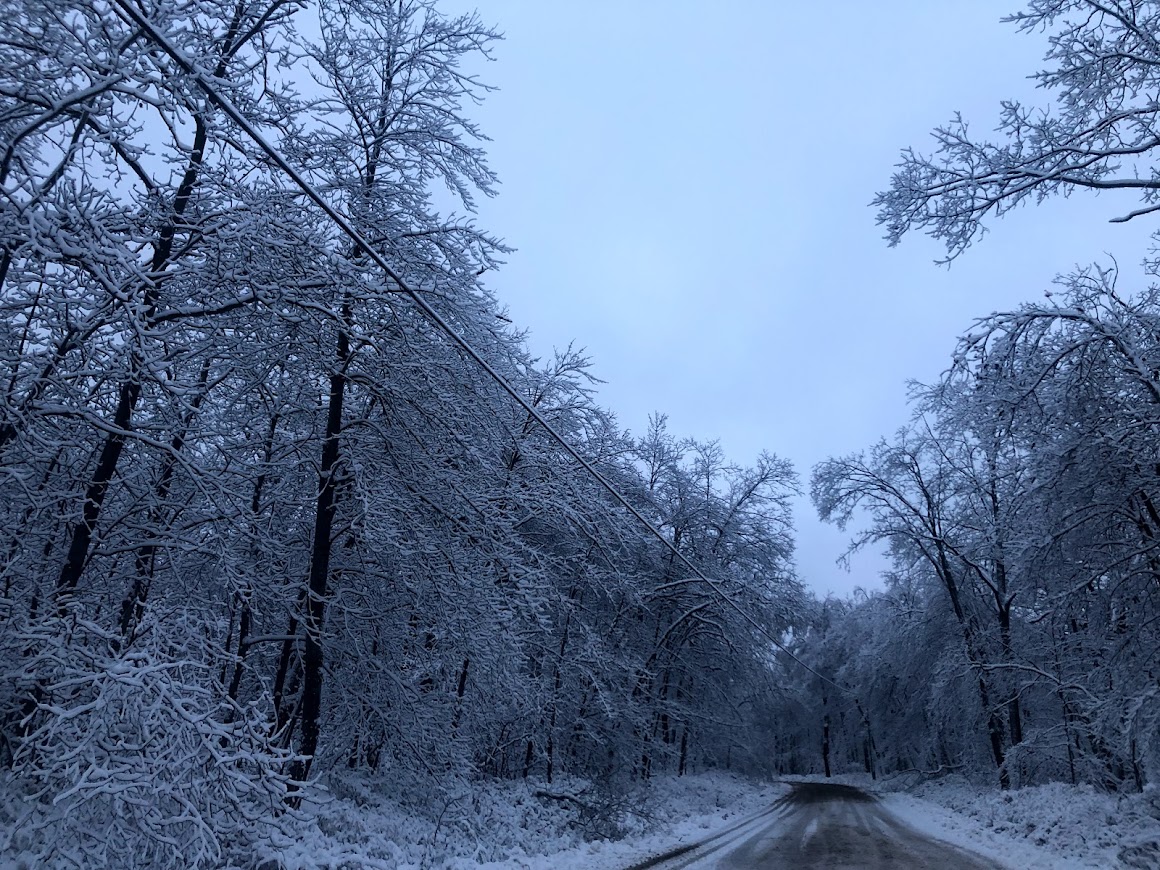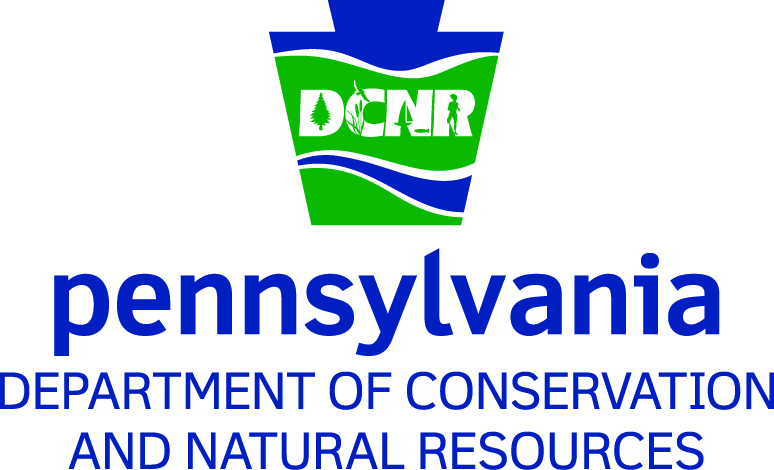Pennsylvania state forests are popular for winter recreation enthusiasts; however, winter conditions can create new obstacles for explorers.
Check out this reminder from the Pennsylvania Department of Conservation and Natural Resources (DCNR) and keep safe when traveling state forest roads this winter.
For economic, logistic and environmental reasons, many state forest roads and drivable trails receive no winter maintenance and are considered “travel at own risk.”
Visitors must use extreme caution and are reminded that many state forest roads have limited or no cell phone service.
Always check road advisories before heading out to a state forest in any season, which can be found on each state forest’s web page.
If you are traveling state forest roads in winter, be sure to follow these tips:
- Operate only 4-wheel (or all wheel) drive vehicles with elevated ground clearance
- Drive slowly in winter conditions, especially on steeper descent
- Leave travel plan details with family/friends and plan for contingencies
- Keep state forest map, matches, flashlight, cell phone, food, water, tire chains, and sleeping bag in vehicle during winter travel
- Avoid state forest roads when advised
State forest visitors must be prepared to call towing/removal service if becoming stuck and needing assistance.
“Plan ahead and prepare” is one of the 7 principles of Leave No Trace, a non-profit organization and concept that encourages you to explore the outdoors sustainably, respectfully and responsibly every time you get outside.
To be a good Pennsylvania Wilds Steward while exploring, be sure to plan ahead and consider the 7 principles of Leave No Trace so you have a positive experience while ensuring that future travelers can do the same.
Be prepared before traveling. Learn about the areas you plan to visit. Look up how to get there, what facilities are available, local terrain, rules and regulations, what communities are nearby and any special concerns for the area.
About DCNR:
Established on July 1, 1995, the Pennsylvania Department of Conservation and Natural Resources (DCNR) is charged with maintaining and protecting 121 state parks; managing 2.2 million acres of state forest land; providing information on the state’s ecological and geologic resources; and establishing community conservation partnerships with grants and technical assistance to benefit rivers, trails, greenways, local parks and recreation, regional heritage parks, open space, and natural areas. DCNR’s mission is to conserve and sustain Pennsylvania’s natural resources for present and future generations’ use and enjoyment. Learn more at DCNR.pa.gov.




